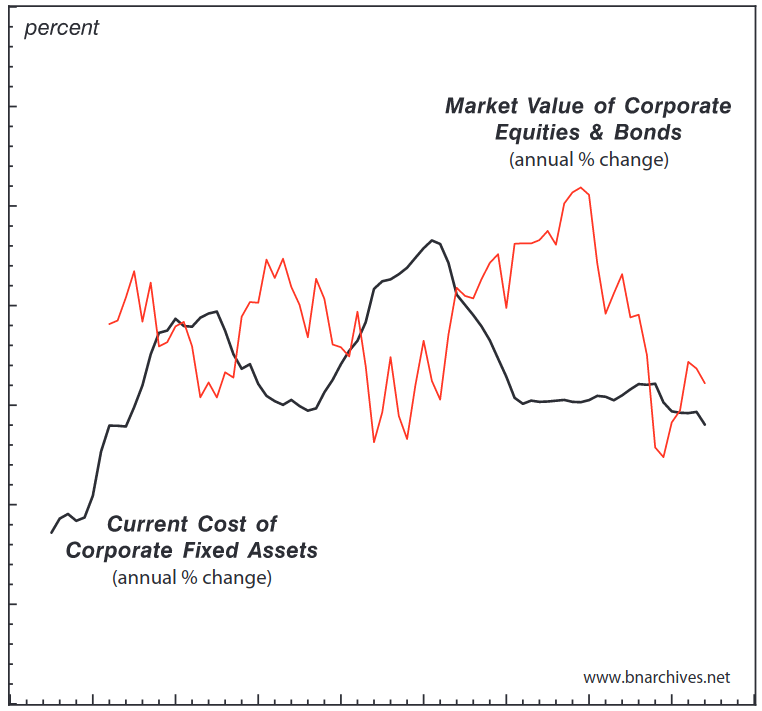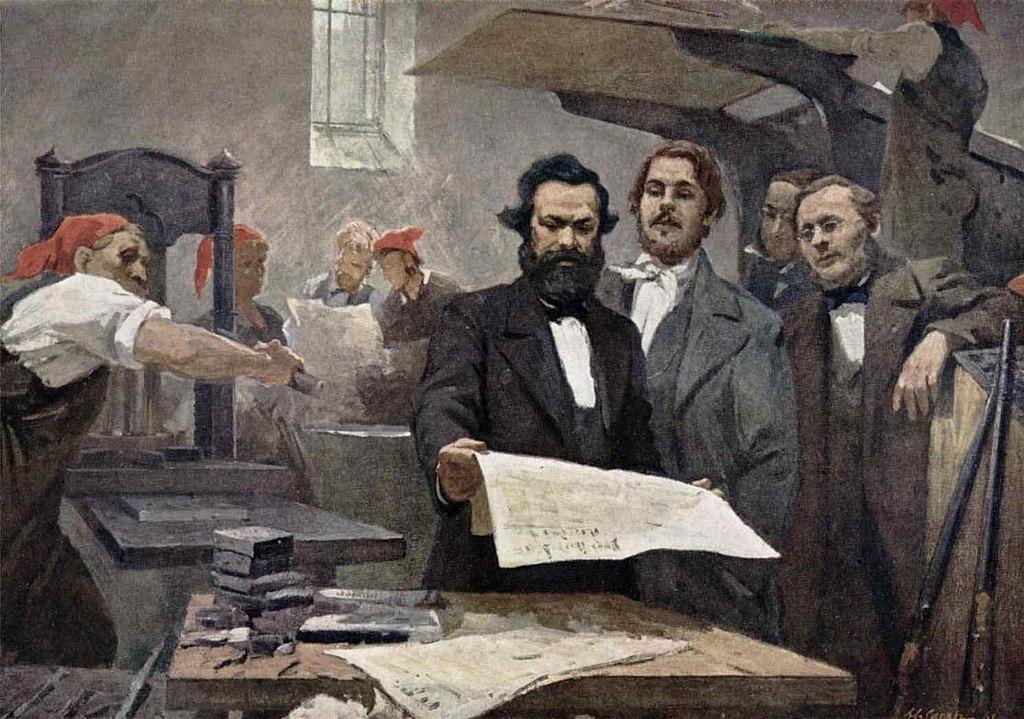Abstract What do economists mean when they talk about ‘capital accumulation’? Surprisingly, the answer to this question is anything but clear, and it seems the most unclear in times of turmoil. Consider the recent ‘financial crisis’. The very term already attests to the presumed nature and causes of the crisis, which most observers indeed believe […]
Continue ReadingBichler & Nitzan, ‘The Scientist and the Church’
Abstract The Scientist and the Church is a wide-ranging biography of research, showcasing Bichler and Nitzan’s attempts to break through the stifling dogmas of the academic church and chart a new scientific cosmology of capitalism. Central to the authors’ work is the notion that capital is not a productive economic category but capitalized power, and […]
Continue ReadingPerforming the Real-Nominal Bifurcation
DT Cochrane The Globe & Mail recently published a roundup of seven analyses of the Canadian housing sector. All of the analyses took some position on whether or not housing in Canada is “overvalued.” The positions ranged from 60 percent overvalued to seven percent under-valued. Regardless of the position, all of the analyses – at […]
Continue ReadingPatriarchy above the glass ceiling
DT Cochrane The logic of accumulation is not the only logic that motivates capitalists. As fully actualized human beings, they remain complex in their desires. Rather, the logic of accumulation is dominant and, Nitzan and Bichler argue, pervasive and ascendant; increasingly operating beyond the business domain. However, the other logics, or principles of behaviour, that […]
Continue ReadingOstojić, ‘Differential Taxation: The Case of American Banking’
Abstract This paper maps an empirical history of corporate profit and taxation in the United States, with a special focus on the differential profit and taxation of banks relative to other corporations. An examination of these trends reveals a striking anomaly within the American banking sector: from the early 1980s until the financial crisis of […]
Continue ReadingVideo & Paper: Capital Accumulation: Fiction and Reality
Presentation at UQAM, Montreal, organized by Association des Étudiants en Sciences Économiques (AESE UQAM), March 31, 2015 There are many explanations for the recent global crisis, but most seem to agree that the origins of this crisis are largely financial: the crisis started in and was amplified by the financial sector. Of course, when economists […]
Continue ReadingNo. 2015/02: McMahon, ‘Marxism, Culture and the Measurement of Value’
Abstract Various studies of mass culture use the Marxist labour theory of value to conceptualize how capital is being accumulated from cultural production and its broader social and immaterial dimensions. However, there is a significant methodological problem that lingers. The issue stems from the concept of economics and, more technically, the definition of capital. If […]
Continue ReadingProfits and Terror in Argentina in the 1970s
Joe Francis New data on the profitability of Argentina’s largest corporations help explain the origins of its last military dictatorship. During Argentina’s military dictatorship of 1976-1983, up to 30,000 people were killed by the armed forces. Figure 1 provides an indication of why. The thick line is a ‘profit margin index’ of the fifty largest […]
Continue ReadingBaines, ‘Fuel, Feed and the Corporate Restructuring of the Food Regime’
Abstract The agrofuel boom has brought about some of the most significant transformations in the world food system in recent decades. A rich and diverse body of agrarian political economy research has emerged that elucidates the conflicts and redistributional shifts engendered by these transformations. However, less attention has been given to differences within agri-food capital. […]
Continue ReadingDifferential Taxation: A Convergence of Interests between American Banking and Government
Mladen Ostojic Recommended reading by the Transnational Institute (TNI) of Policy Studies: This paper demonstrates that the interests of American banking and government have converged since the early 1980s and relates this trend to modern financial deregulation, revealing a symbiosis that would later influence the global financial crisis of 2007-2008. An examination of corporate profit […]
Continue ReadingBrennan, ‘Ascent of Giants: NAFTA, Corporate Power and the Growing Income Gap’
Abstract There is growing awareness in Canada of how unequal society is becoming. It is probably most obvious in the gap between the compensation of Canada’s highest paid corporate executives and the average worker. The political pressure to do something to close this gap, for example by increasing taxes at the top of the income […]
Continue Reading










